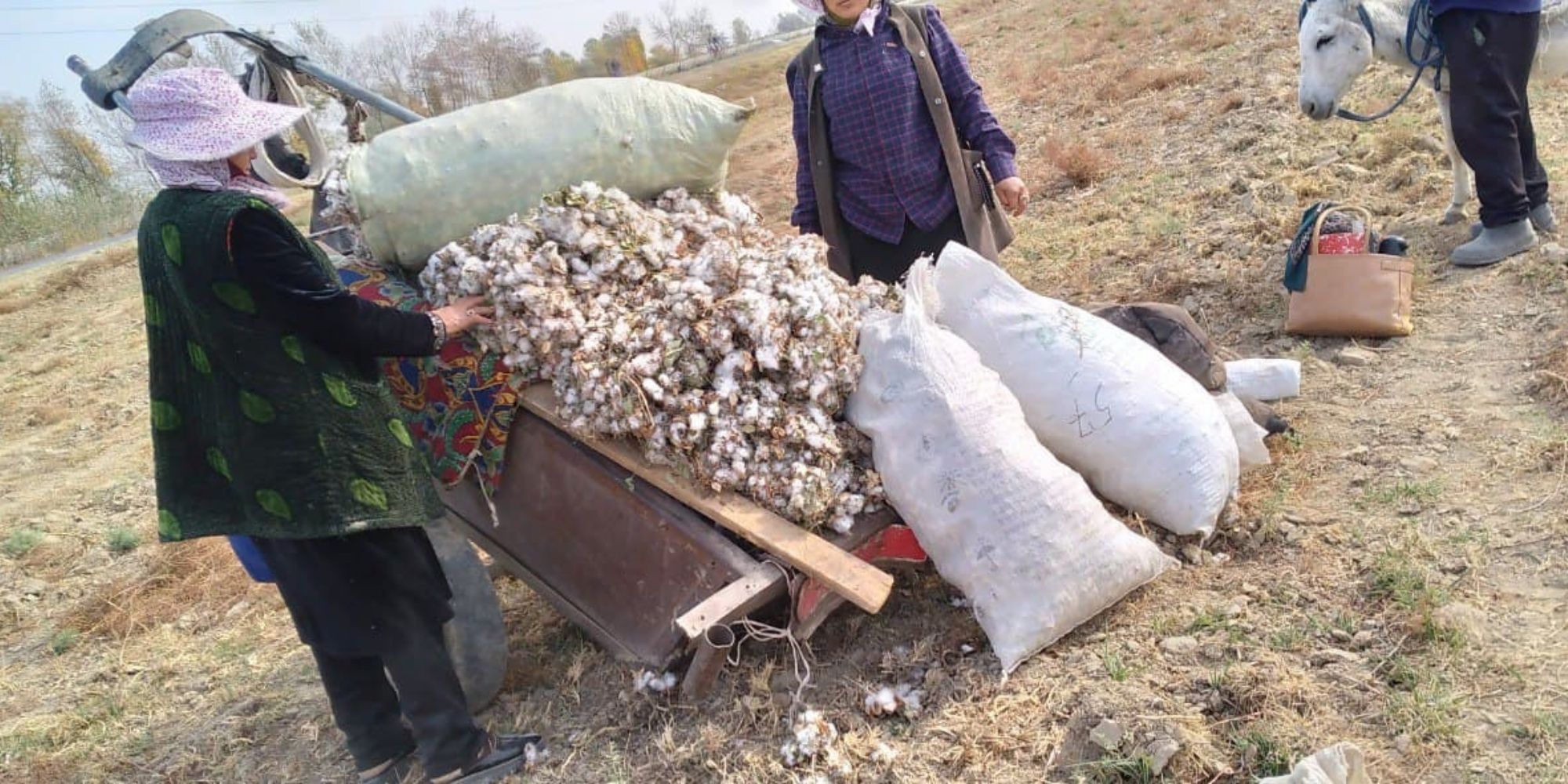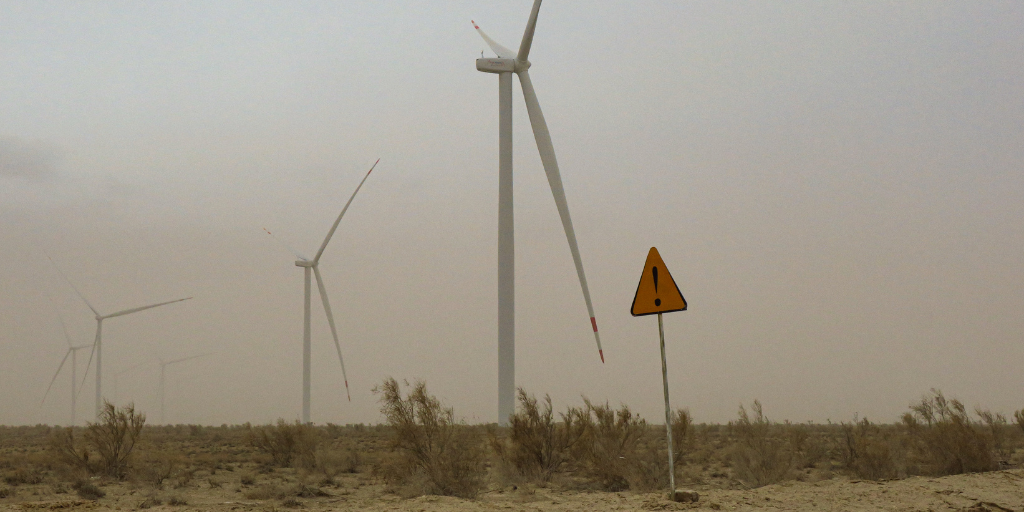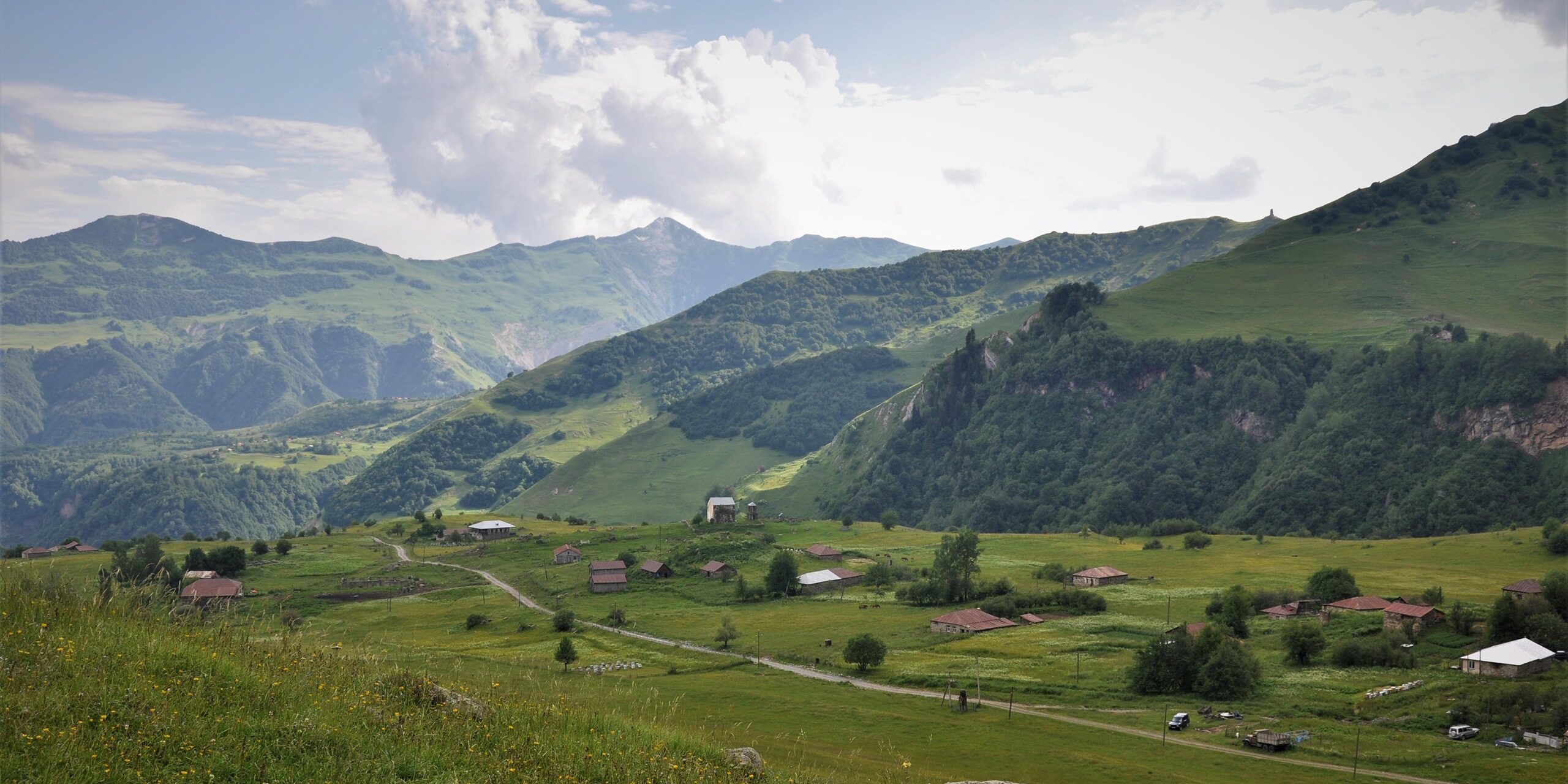Whether in Europe or beyond, public money must not become an auxiliary for human rights violations or the marginalisation of affected communities.
We expose cases where development banks fail to protect those impacted by their projects.
We advocate for participation and consultation processes that are not pro-forma exercises, but a tool to ensure people’s well-being.
We run a helpdesk where activists and communities can get advice on how to challenge controversial projects being considered for funding by development banks.
Close to frontline communities
We’re in direct contact with affected communities and provide updates from their struggles.
Image (c) Rosa Vroom
IN FOCUS
The Reconstruction of Ukraine
The scale of destruction caused by Russia’s aggression against Ukraine has been staggering. To repair the damage, joint efforts to coordinate donations and properly plan Ukraine’s reconstruction must start as soon as possible.
A successful reconstruction of Ukraine cannot happen without involvement of the Ukrainian people. That’s why we’re calling on international donors to ensure that the financial structures to help impacted communities are put in place and that civil society groups have a say in this process.
We believe that Ukraine and the international community have a unique opportunity to modernise the country while addressing people’s needs and long-term sustainability.
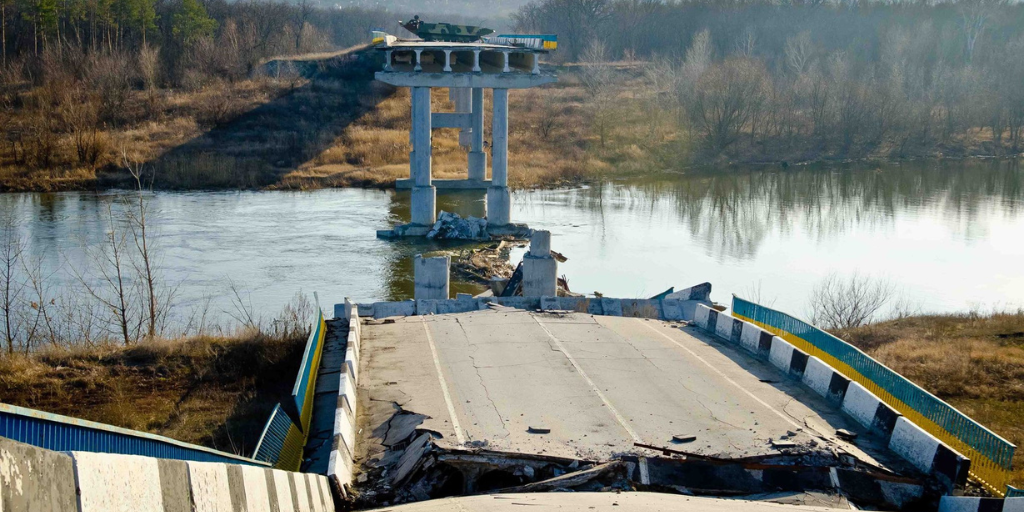
Amulsar gold mine, Armenia
The controversial Amulsar gold mine near the touristic spa town of Jermuk was supported by the EBRD equity investments, but blocked by locals after the velvet revolution in 2018. In spite of a number of legal threats and intimidation by the company, the blockade continued till the eruption of military conflict overNagorno Karabakh (Artsakh) at the end of 2020.
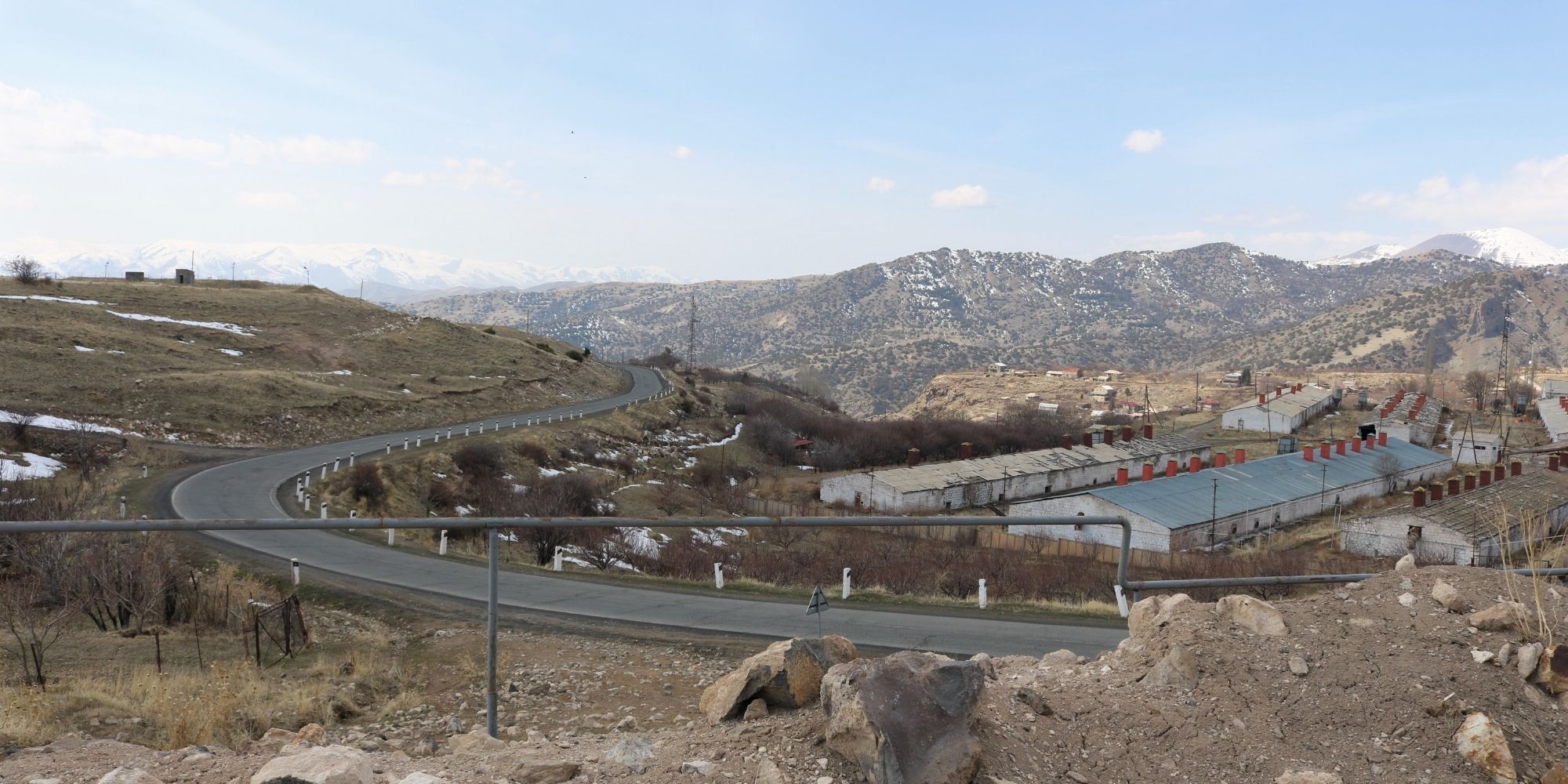
Myronivsky Hliboproduct (MHP), Ukraine
The leading Ukrainian agribusiness giant has been enjoying generous support in public funds and national subsidies. With over half a billion euros from the EBRD, EIB and the IFC, Myronivsky Hliboproduct PJSC (MHP) has grown into a near monopolist in poultry production. While MHP’s vertically integrated model has contributed to its status as a leading Ukrainian agribusiness, the scale and nature of its business have also contributed to mounting concerns about its social and environmental impacts. These concerns are compounded by patterns of poor community consultation and a lack of information provided about MHP’s operations, leaving project-affected people guessing about the true impacts of its operations.
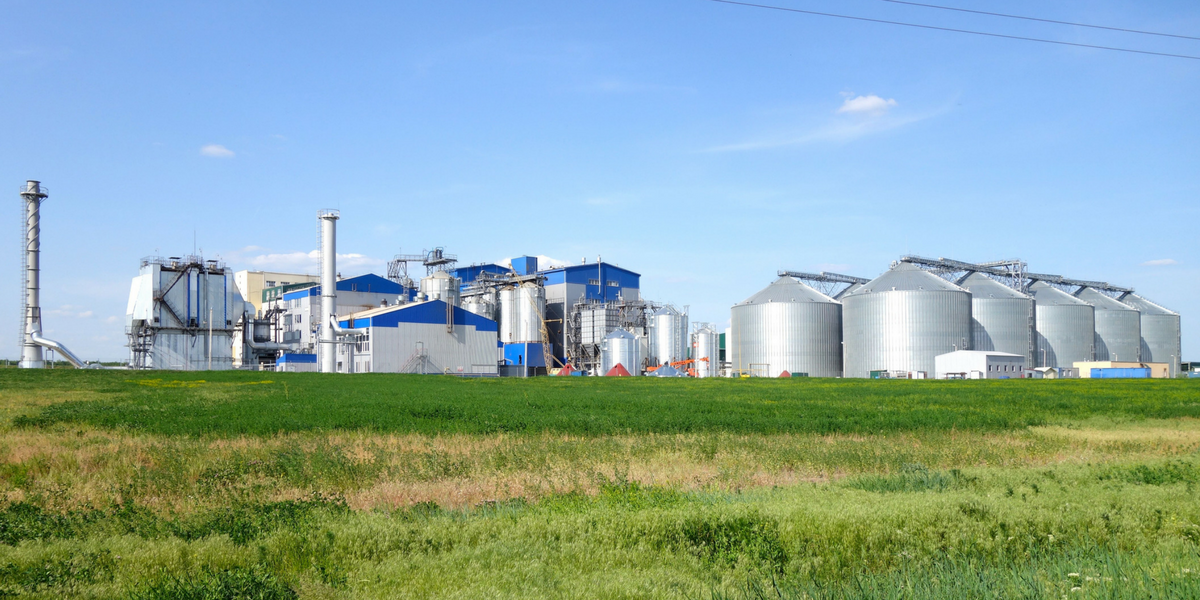
Corridor Vc motorway, Bosnia and Herzegovina
The Bosnian section of the international Corridor Vc is planned to run for 330 km through Bosnia and Herzegovina. Concerns about environmental impacts and threats to cultural heritage were raised by local people and cultural figures. The public discussions about the project have led to a series of scandals and a deadlock of the motorway’s development.
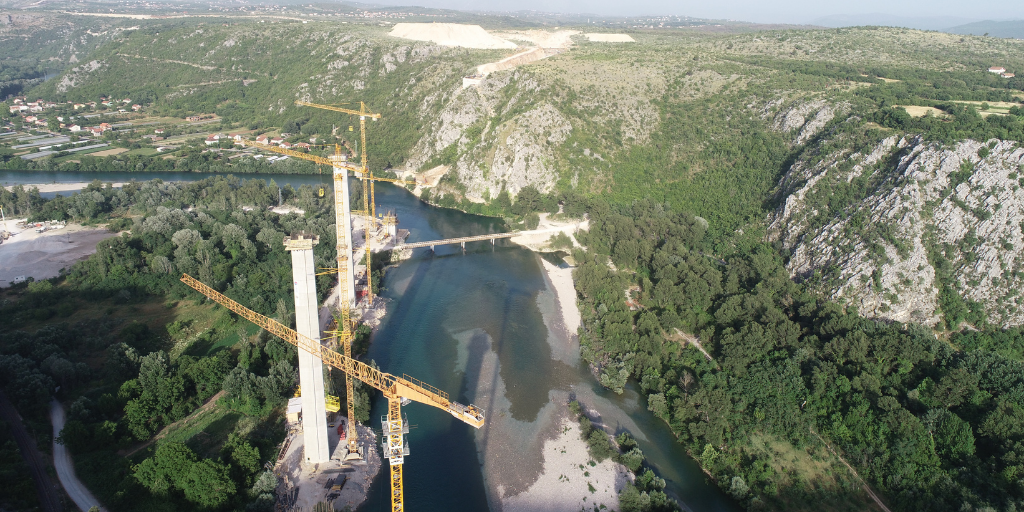
More of our projects
Indorama Agro: Uzbekistan’s infamous cotton producer
Despite being Uzbekistan’s largest cotton producer and receiving millions in development loans from the European Bank for Reconstruction and Development (EBRD), the Asian Development Bank (ADB) and the International Finance Corporation (IFC) – institutions that promote modernisation and corporate responsibility – Indorama Agro faces multiple complaints of worker mistreatment and retaliation.
Zarafshan, Bash and Dzhankeldy wind projects, Uzbekistan
The first large wind projects in the Central Asian country are being built in biodiversity hotspots and hinder the declaration of protected areas. The IFC, EBRD and ADB need to ensure that some of the most problematic turbines are moved away.
The Khada Valley, Georgia
The Khada Valley in Georgia brings together exceptional biodiversity, precious cultural and archeological heritage, and mountainous villages which have preserved rich traditions and historical lifestyles. But all of this might vanish if a 23-kilometer road from Georgia to Russia – the Kvesheti-Kobi project – is built.
Latest news
Kyrgyzstan: Gold Mine Could Exacerbate Central Asian Water Woes—Report
Bankwatch in the media | 31 January, 2012Two new studies say that Kumtor, Kyrgyzstan’s largest gold mine, as well as a major government revenue source, routinely ignores national environmental legislation and restricts access to independent auditors. The mine’s operations could have a far-reaching, detrimental effect on Central Asia’s water supply, one of the reports suggests.
Read moreKyrgyzstan: Independent expertise exposes damage done by Kumtor gold exploitation
Press release | 31 January, 2012Bishkek — Canadian company Centerra Gold, owner and operator of Kumtor Mine, the largest gold mine in Central Asia managed by a Western company, has been contaminating local waters and glaciers while hiding evidence of such negative impacts from public oversight, reveals a report authored by an independent US-based expert published today by CEE Bankwatch Network (1). Had it operated in its home country Canada, Centerra’s practices would have caused the company serious trouble with the law.
Read moreMining threatens herders in Mongolia: report
Bankwatch in the media | 30 January, 2012BEIJING — Mining in southern Mongolia is threatening the livelihoods of herders and straining water supplies, a report said Monday, as foreign companies race to exploit the country’s rich mineral deposits.
Read moreRelated publications
Cleaning up District Heating: Best technologies and real-life examples (Ukrainian)
Brochure | 18 December, 2025 | Download PDFIntended for practitioners, policymakers, civil society and the energy sector, this brochure reviews various public financing options that can help enable the transition to clean district heating.
Monitoring what matters: Public participation as a systemic issue for the EBRD
Briefing | 11 December, 2025 | Download PDFInformation on public participation practices reported by the EBRD is lacking. This briefing illustrates the importance of regular and effective monitoring of project-level participation to inform the EBRD’s corrective actions and enhance management strategies.
Will Uzbekistan benefit from ratification of the Aarhus Convention?
Briefing | 14 November, 2025 | Download PDFIn 2025, Uzbekistan finally acceded to the Aarhus Convention, becoming the last Central Asian state to ratify the treaty.
